
Ellen Francis, PhD, discusses the benefits, challenges, and future implications of implementing earlier diabetes screening for pregnant women.


Ellen Francis, PhD, discusses the benefits, challenges, and future implications of implementing earlier diabetes screening for pregnant women.
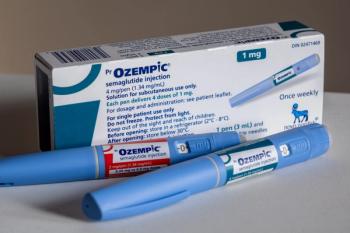
Patients with type 2 diabetes who use semaglutide have more than double the risk of severe optic nerve damage than those who don’t use the drug.
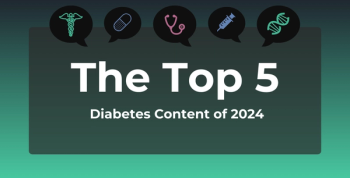
This year’s top diabetes content focused on pediatric metabolic health, misconceptions about weight loss drugs, and more.
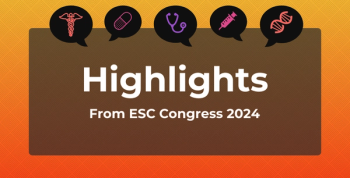
Top coverage from the 2024 European Society of Cardiology (ESC) Congress focused on screening, treatment, and equity in cardiovascular care.
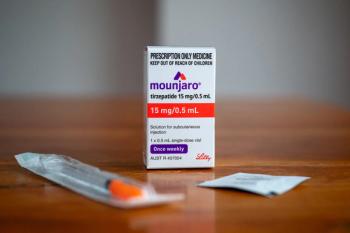
A SUMMIT trial analysis showed how tirzepatide improves cardiovascular and kidney health in patients with obesity-related heart failure with preserved ejection fraction (HFpEF).

Adults with more unfavorable health-related social needs, such as unemployment or food insecurity, had a higher prevalence of low cardiovascular health, highlighting the importance of addressing social determinants to improve population health.

Reducing systolic blood pressure to less than 120 mmHg lowered the risk of major cardiovascular events for most people with type 2 diabetes in the Blood Pressure Control Target in Diabetes trial.

Of the 518 hospitals that had at least 10 eligible discharges, only 11 of them prescribed SGLT2 inhibitors to more than half of their patients.
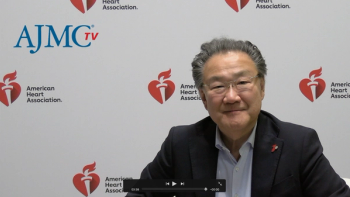
New discoveries in atherosclerosis pathways have shed light on the active mechanisms in other diseases such as chronic kidney disease (CKD) and HIV, paving the way for furture therapeutics.

Sanjula Jain, PhD, chief research officer at Trilliant Health, discusses the rapid adoption of glucagon-like peptide 1 inhibitors for diabetes and preventive care for obesity and late-onset diabetes.

In our conversation with Jeff Giullian, MD, MBA, chief medical officer with DaVita Kidney Care, we dive into 4 important aspects of kidney care: prevention, social support, integrated care, and patient support.

The history of women being left out of heart disease research has had significant consequences on heart health care today.

Navdeep Tangri, MD, PhD, FRCP, University of Manitoba, speaks to the value of population health strategies in clinical approaches to care delivery for patients with chronic kidney disease (CKD).

Unmet social needs in certain neighborhoods contribute to disparities in diabetes care, leading to greater reliance on emergency services, fewer preventive measures, and higher rates of complications.

Women are still being excluded from cardiovascular research trials, and it has a lasting impact on heart disease treatment for women today.
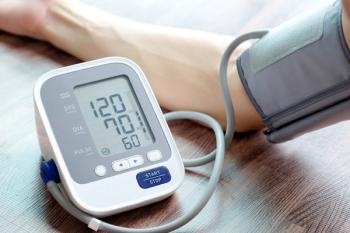
UMass Memorial Health–Harrington Hospital reduced 30-day readmissions for congestive heart failure by 50% using artificial intelligence and remote care teams.

This article describes the positive impact that actively managing functional recovery has on postacute placement for patients undergoing coronary artery bypass surgery.

Despite being eligible for guideline-directed medical therapy (GDMT), tens of millions of patients across the globe are not receiving the heart failure care they need.
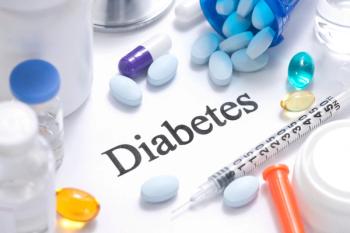
The 2024 Trends Shaping the Health Economy report gave a past, present, and future look at diabetes care in the US and the role of obesity in these trends.
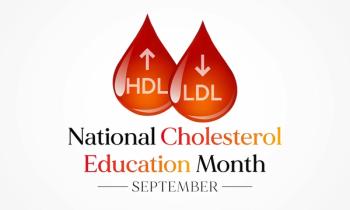
The innovative program from the Family Heart Foundation includes being able to order a free test kit for an at-home blood lipid panel and track your results online, as well as the ability to discuss the findings with care navigators and health care providers.

Inconsistent adherence to the guidelines led to delayed heart failure treatment optimization and underutilization of key therapies.

Hospitals that better utilized heart failure guideline-directed medical therapy (GDMT) had better patient outcomes, with lower mortality rates and costs.

A collection of research by Helen Hobbs, MD, highlights how genetic mutations influence cholesterol levels and impact heart disease risk, offering insights into lifelong cardiovascular health management.
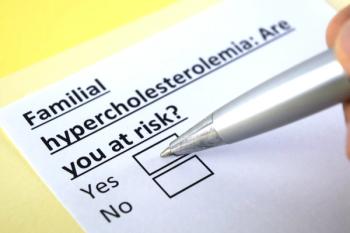
On day 1 of the Family Heart Global Summit, speakers highlighted the critical need for awareness, early diagnosis, and innovative treatment options for familial hypercholesterolemia, sharing significant strides made in the field over the past decade.

New prevalence estimates of atrial fibrillation found that approximately 10.5 million US adults, or 5% of the population, have the condition.

259 Prospect Plains Rd, Bldg H
Cranbury, NJ 08512
© 2025 MJH Life Sciences®
All rights reserved.
